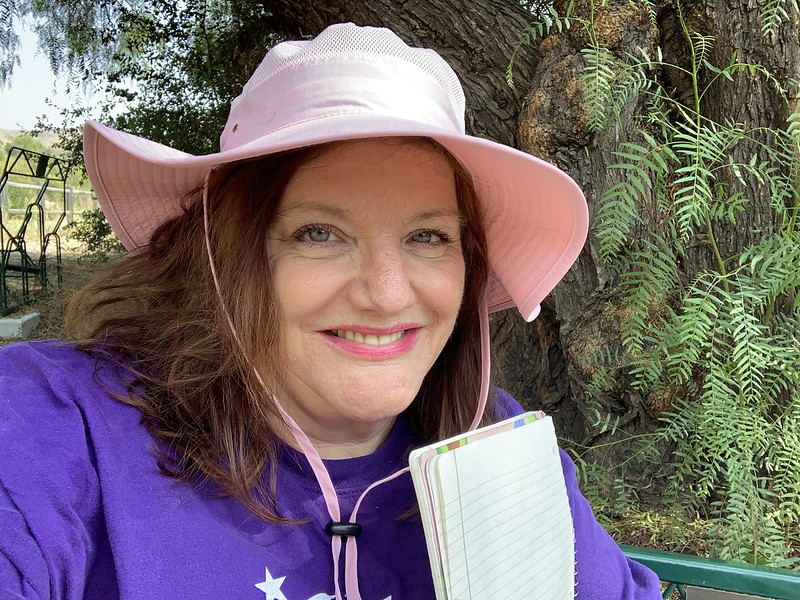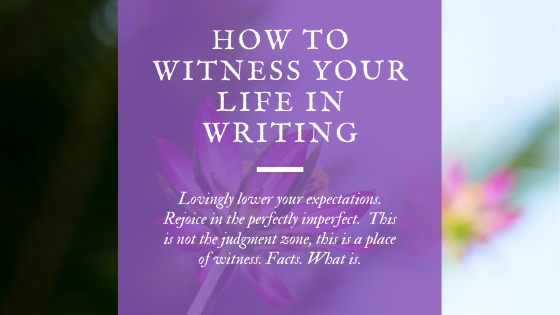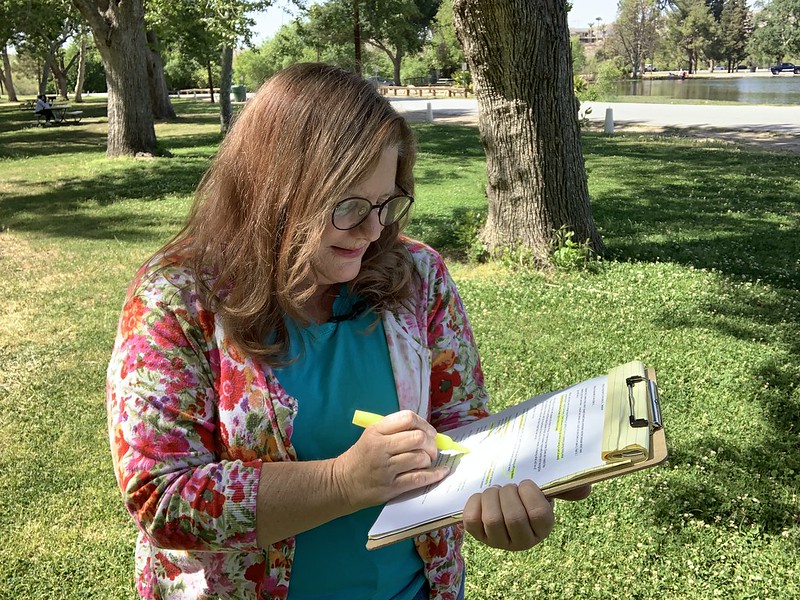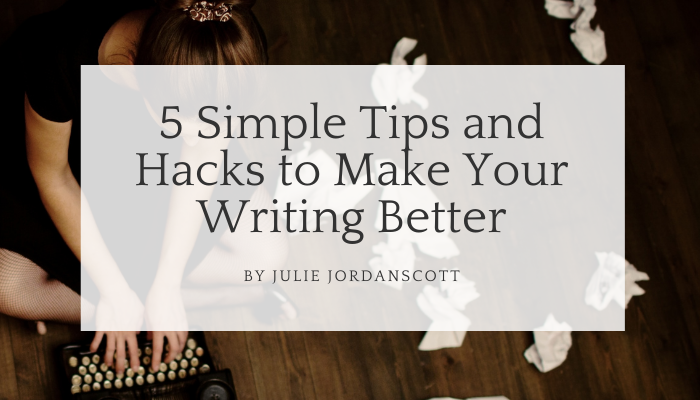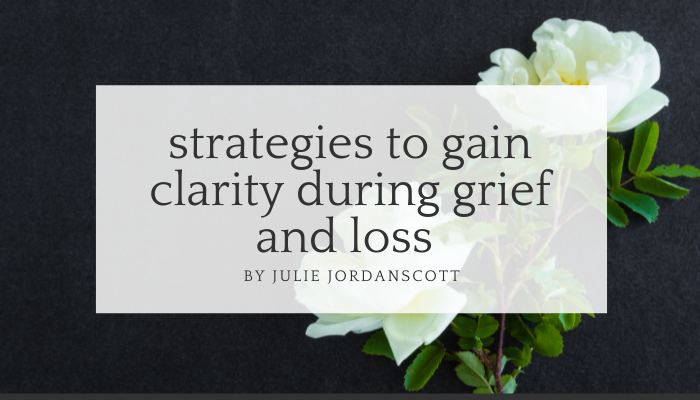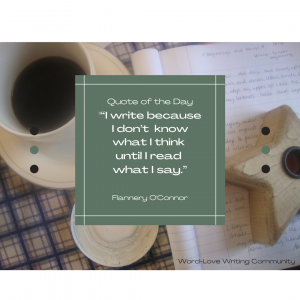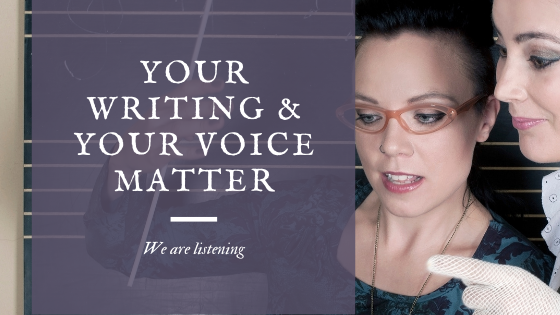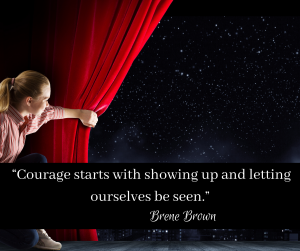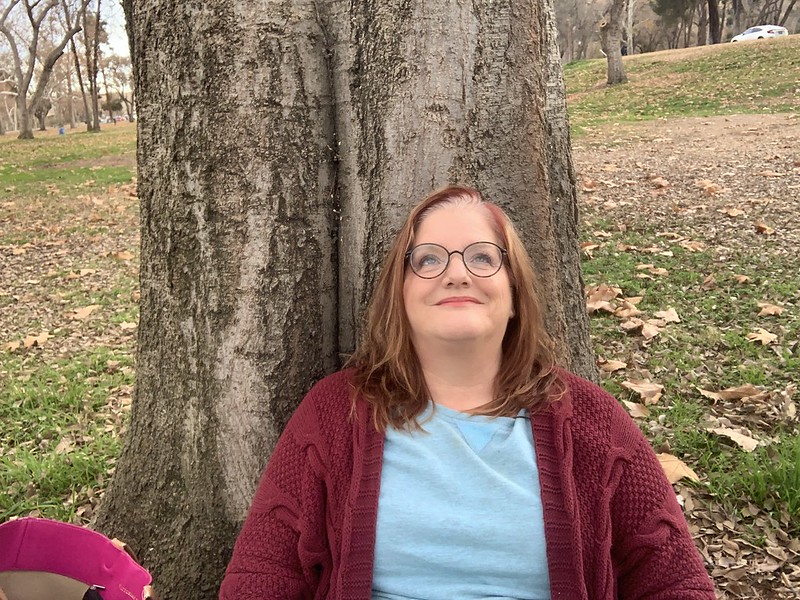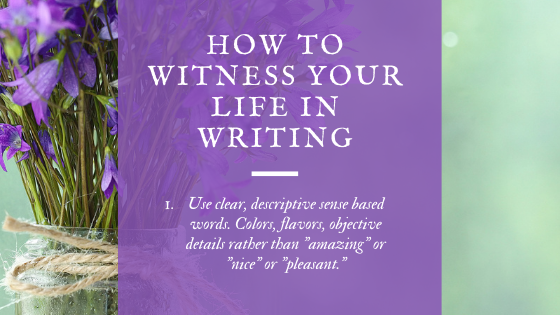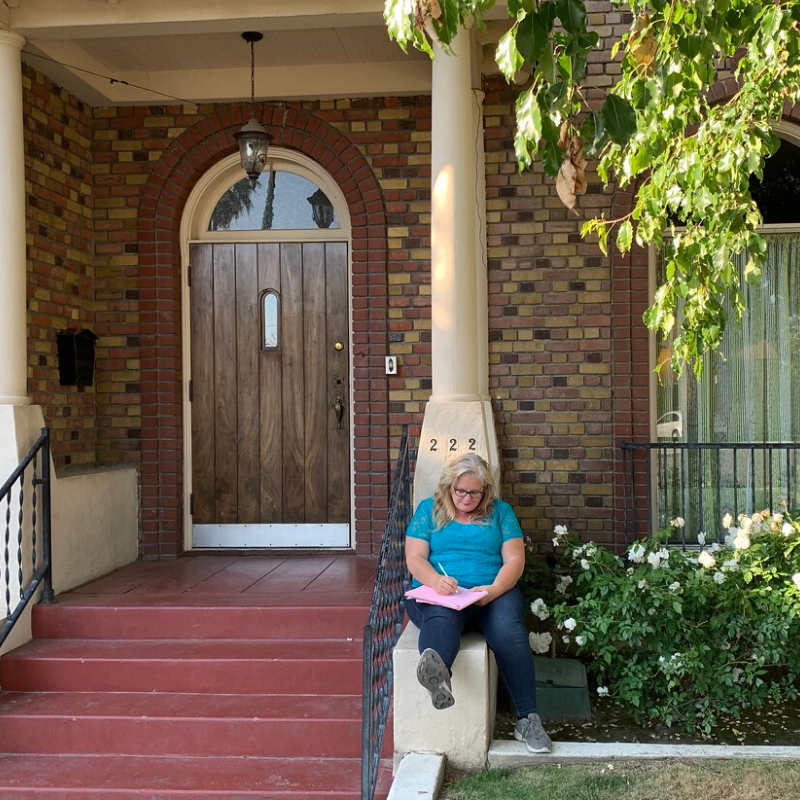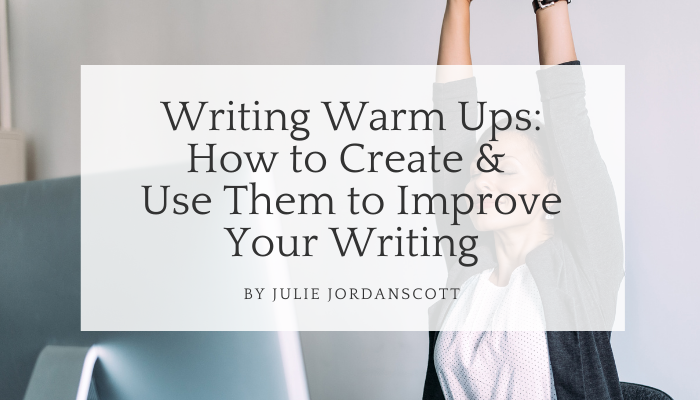
Musicians and athletes understand what some writers don’t understand. Before musicians do their primary work – singing that intense musical piece or performing before an audience or before an athlete runs (or swims or bikes or walks) the race, one must warm up one’s “instrument” the voice or the body.
The same is true with writing.
It is a rare case when the first words we write are the best of what we write.
Why should a writer use writing warm ups?
Consider the writing warm-up as an “on-ramp” to the rest of your writing. We have to get onto the on-ramp in order to build up speed for driving on the highway and getting to our next destination.
Writing Warm Ups Allow Us To…
- Reconnect with previous writing
- Get focused on the task, mission or purpose of each particular writing session.
- Provide a “Starting Point” that is better or more clear than the confusion when the writing session begins.
- Stretch our “writing muscles”. Playing with words that we aren’t attached to being good or right or perfect helps our later words improve.
- Experiment: make your warm up into a game you may use to try new and unexpected things. You may find these experiments turn into some of your best ideas of all. If you didn’t do warm ups, you would have no space for such frivolity.
Writer Lindsay Price said, “I use warm ups especially when I don’t feel like writing. Instead of walking away from my desk, I do an exercise. Nine times out of ten by the time I’m done my warm up, I’ve changed my tune.”
How do writing warm ups work?
As I started writing this, for example, I was reminded of a test taking strategy that always resulted in a better grade: I would read the entire exam before I made a single mark on it.
Why?
If I knew the answers to the questions, there would be no problem in quickly checking those off, but for the questions that were tricky, it gave my subconscious mind a chance to “find the answer for me”. By the time I had zipped through the easy questions I knew I had right, my brain had warmed up to take on the more difficult questions.
In case you are not sure about how a writing warm-up may help you, I invite you to do a writing experiment using warm up exercises.
Challenge: Experiment and play to see how writing warm ups work best for you
Here are five warm-up exercises to try. The rules of writing engagement are:
- Do not warm up for longer than 5 minutes. 3 to 5 minutes is ideal.
- If you try one technique and it doesn’t work, choose a different technique. One not working doesn’t mean writing warm ups aren’t good, it means that particular writing warm up didn’t work
- Have a plan or purpose for your writing after the warm up. For example: “I will write 1000 words of my novel” or “I will work on my sales campaign for the next hour.”
- Writing Warm Up 1: Free Flow, Stream of Consciousness or Automatic Writing: these are synonymous. Simply write without editing, judgement or forethought. Let your pencil float across the page or your fingers tap on the keyboard or scan the screen. This is my personal favorite warm up.
- Writing Warm Up 2: Use prompted writing – the best single prompts include “I remember”, “Yesterday I….”, “If things were perfect, I would…”, “What would be wisest to do next is…” and the sensory prompts – “I see, I hear, I smell, I taste, I touch, and the sixth sense – I feel (intuitively or emotionally.)
- Writing Warm Up 3: Take 60 seconds to write a complete description of an ordinary object that can fit in your hand. Experience the object fully – feel it in your hand but lift it to your face, feel it against your cheek, smell it, compare it to similar sized objects. Write everything down, take note of the tiniest details. Warning: this may change your relationship with the things you own. 🙂
- Writing Warm Up 4: Explore where a quote takes you. If you don’t collect quotes, google “Quotes about (insert your favorite subject of the day.) Choose a quote, copy it into your notebook or document and add, “This makes me think” and/or “this makes me feel” and see where the thoughts and feelings take you. You may find it takes your main character someplace, too!
- Writing Warm Up 5: Write about your favorites… whatever. You can even make a jar with papers listing “movies, teacher, sci fi films, poems, athlete, musician, book, genre of book, comedian, city to visit” or whatever your likely favorites may be. If you spend a week or ten days focusing on your favorites, you will likely have a week to ten days of more pleasant writing experiences.
Which writing warm up will you use first?
Julie JordanScott is a Creative Life Coach, Writer, Speaker and Mom extraordinaire who loves working with creative entrepreneurs, artists and healers to get their words written on the page, spoken in their videos and shared across social media platforms with confidence.
